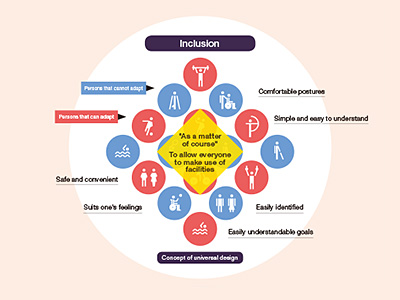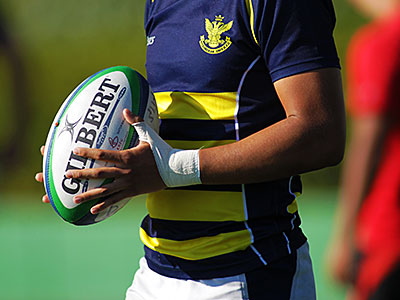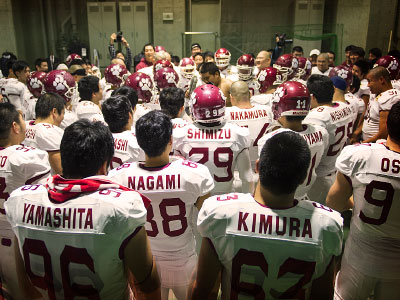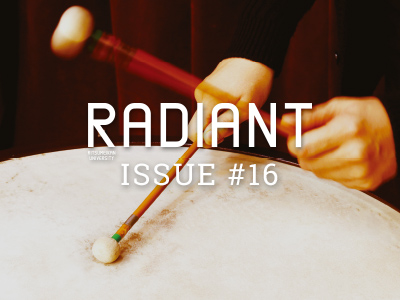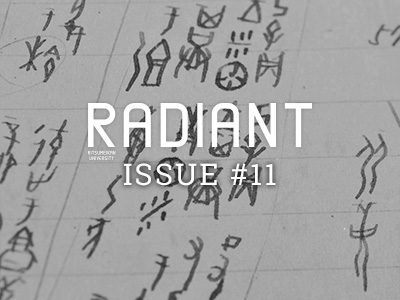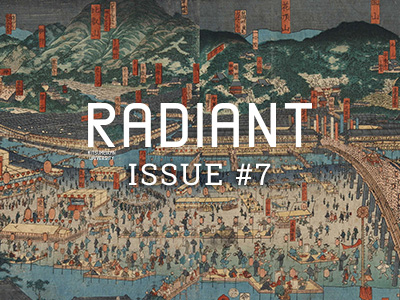STORY #3
Who are the actual people
that decide how to
ensure fairness in sports?
Tsuyoshi Matsushima
Associate Professor, College of Social Sciences
Reasons as to why the Japan national rugby team has so many foreign players
People in Japan can still fondly recall that, at the Rugby World Cup in 2015, the Japan team had three wins for the first time ever in the history of the event. This was something that really excited Japan. A main topic of media coverage comparable to this very accomplishment was the fact that so-called, "foreigners" were included in the Japanese team. Opinions on this in Japan were both positive and negative. The negative viewpoints involved, "As they represent Japan, they have to be Japanese," while the positive viewpoints voiced acceptance, considering that, "As they are competing for Japan, nationality or place of birth has got nothing to do with it." Each sport has its own rules about what types of people can represent a country, but eligibility rules to play for national representative teams are different than those of the Olympics, requiring actual nationality. It is stated that a player may only play for a country’s representative rugby team if they were born in that country, one of their parents or grandparents were born in the country, or they have lived in the country in question for 36 consecutive months, and that if they satisfy any of these three conditions, they can represent a country in an international competition. Tsuyoshi Matsushima questions, "However, have we ever considered as to when, where, and for what this rule was established and by whom in the first place?"
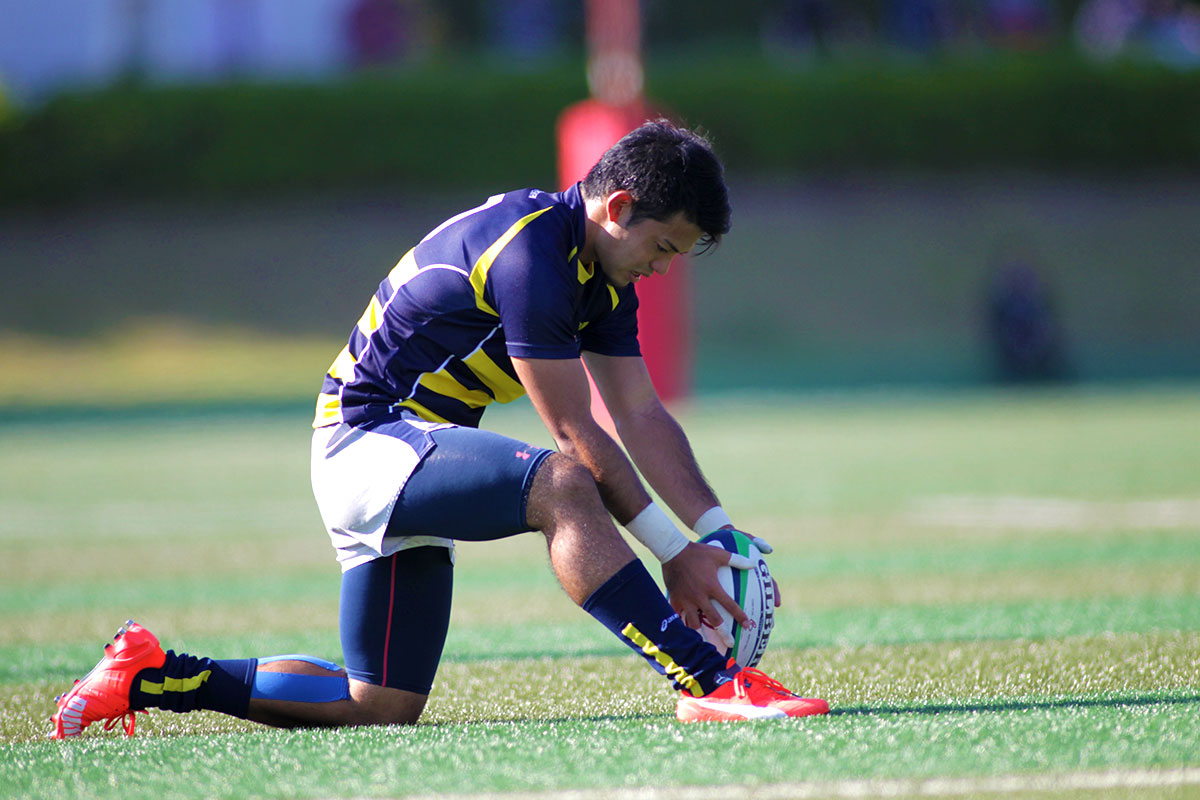
Matsushima has long been questioning "What is the reason of being of sports?" while studying the generation and development of sports, especially the history of rugby. He says, "We accept the current rules or state of sports without any doubts. It is like the 'horror' of having the state of your life or society controlled without you ever knowing it."
According to Matsushima, rugby originally started in England, and from there it spread across the globe. World Rugby, which now governs rugby as an international sports federation, was originally a local organization ruling four associations born in the U.K. and the Republic of Ireland. Since the first world cup took place in 1987, World Rugby quickly developed into an international organization consisting of more than 100 countries and regions to control rugby across the globe, but it has turned into a "black box." Matsushima points out, "Rules and every other decision have been promoted by the countries involved in the foundation of World Rugby. If we take a close look at not only the decision-making process but the world of rugby itself, we can find inclusions and exclusions in different shapes and sizes," which reveals a reality where positive ideals of sports such as a "culture of mankind" and "fairness" are not necessarily under real consideration.

Matsushima has carefully and attentively read World Rugby's minutes and other documents and clarified the process revealed in the method by which World Rugby had achieved global popularity. He says that his work intends to make clear the power of sports as a part of society, much like politics and the economy, and in addition that it forms society itself as a part of people's social consciousness.
In connecting sports and the economy, in 1995, World Rugby eliminated its amateur regulations and fully accepted commercialization and professionalization. With this in progress, World Rugby and organizations under its umbrella faced certain issues, such as hosting commercial events, securing the safety of players, creating exciting matches for audiences, participating in the Olympic movement, and supporting developing countries and female rugby. World Rugby and said organizations proceeded with these reforms, while also being involved with media, business enterprises, and political organizations in various different ways. Now, it can be safely said that rugby is beyond that of simple entertainment. It has become the work and life of many people, and the issue of how to enhance the attractiveness of rugby and increase player population, its fans, and its audience is critical for the existence of the world of rugby and all that this entails. Matsushima says, "Simply changing a single rule not only causes great influence on the world of rugby but it can in fact also control the life and death of individual rugby players. How can a decision made according to social trends and organizational structures cause such a ripple effect? I want to expand my viewpoint from the entire rugby industry to individual athletes."
Let's get back to the initial discussion. In his study, Matsushima also clarified how the eligibility rules to play for national representative teams originated and how such have been changed, which reveals that the source of the current eligibility rules was a decision made at World Rugby in 1892. This involved solving a problem regarding eligibility between the members of that time, along with England and Scotland and the issue of the treatment of residents from British colonies living in the U.K. At this juncture, differences of nationalities or other countries such as Japan were not even considered. "That caused an argument about multinational and multiethnic team formations in Japan in the 1990s and afterwards, and as a result, the Japan rugby team has become a mechanism to embody the image of Japanese people based on diverse nationalities at the World Cup and that of Japanese people based on Japanese nationality at the Olympic Games," Matsushima explains.
As rugby poses questions about nationalism, such as "What is a Japanese person?" and "What shape should our country take?", sports exposes aspects and issues of modern society and creates a future regardless of being right or wrong. Matsushima concludes, "That is what makes it so interesting."
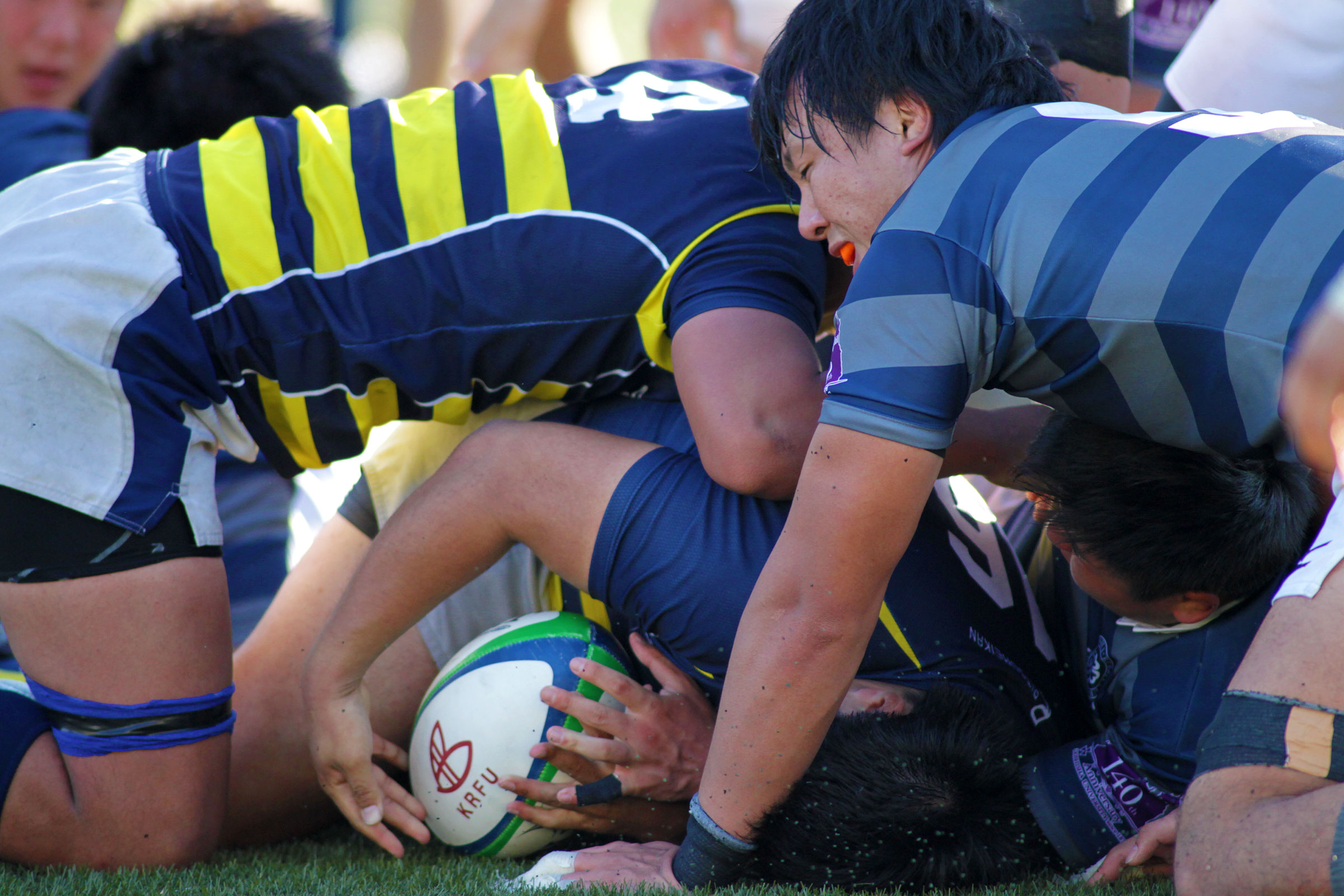

Tsuyoshi Matsushima
Associate Professor, College of Social Sciences
Subject of Research: Study on the generation and development of sports cultures in the process of globalization, study of the characteristics and functions of international sports organizations
Research Keywords: Sports Science, Sports Sociology


